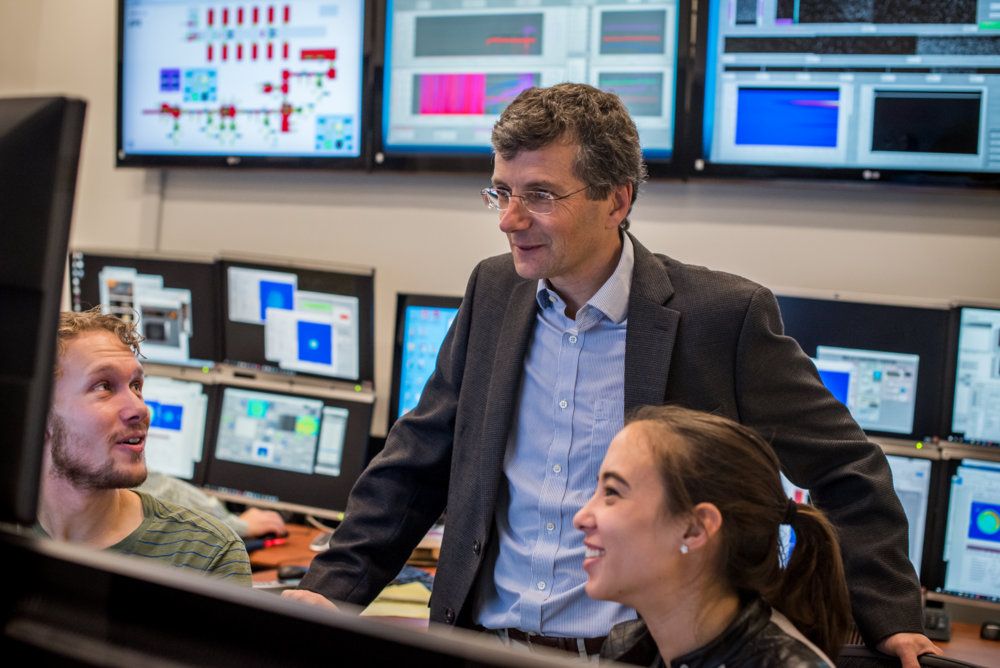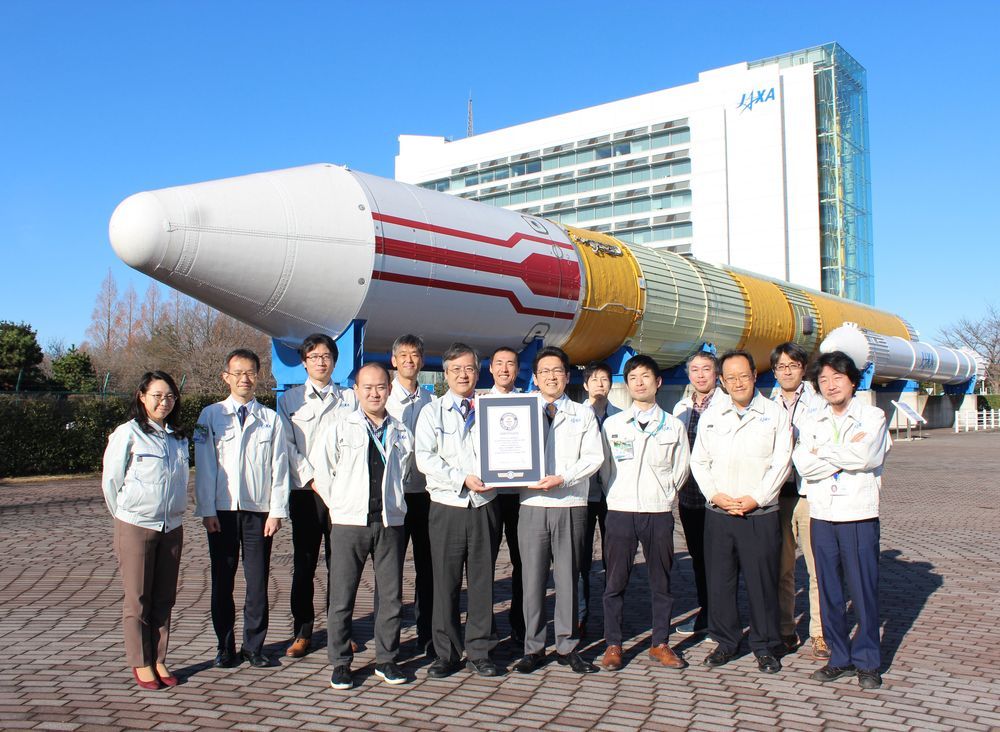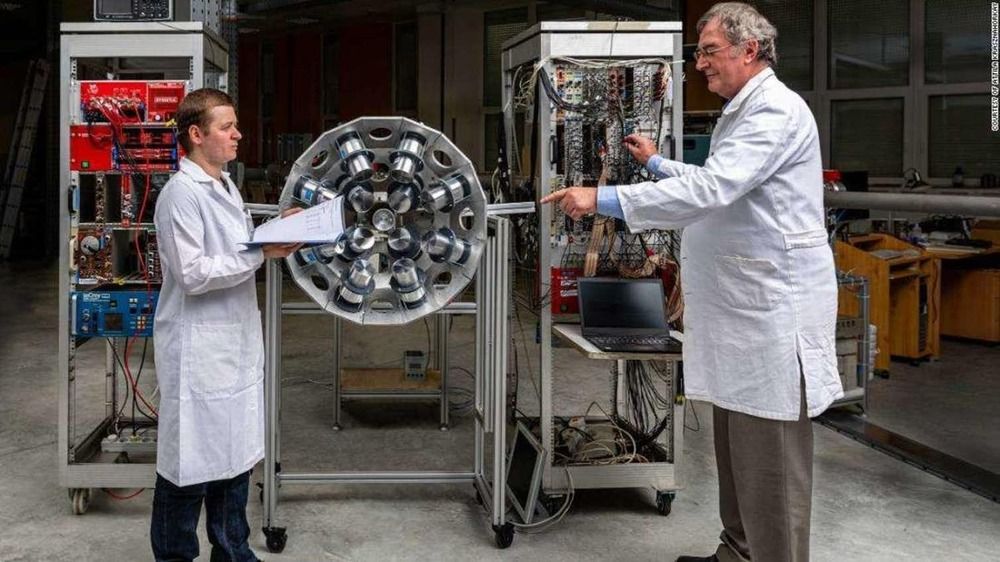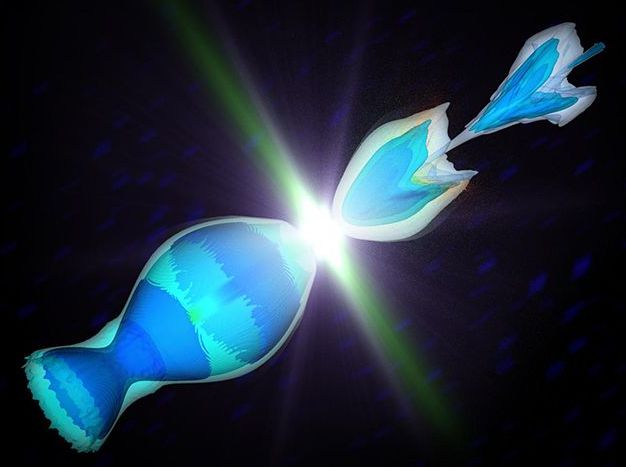On September 20, the initial designs for the complex were presented at an event at the New York Public Library in midtown Manhattan. British firm Adjaye Associates won the contract to design the center, which will consist of three large buildings arranged around a central garden, under which will sit a museum and education center.
“We were led towards these powerful plutonic forms with a clear geometry, three cubes sitting on a plinth — though not aligned, they each have different orientations,” Sir David Adjaye told designboom. Each of the three buildings share a similar silhouette, but the facades have different architectural design and detailing, communicating the shared origins of the three religions, as well as their cultural and historical differences.
Adjaye, who also designed the Nobel Peace Centre in Oslo and the National Museum of African American History in D.C., says he saw the garden, “as a powerful metaphor, this safe space where community, connection and civility combine.”





